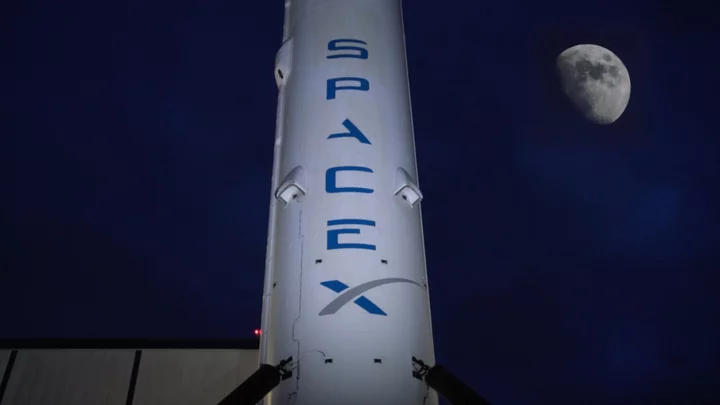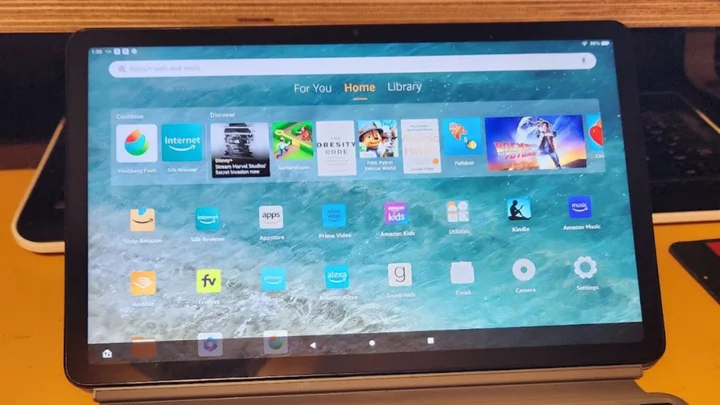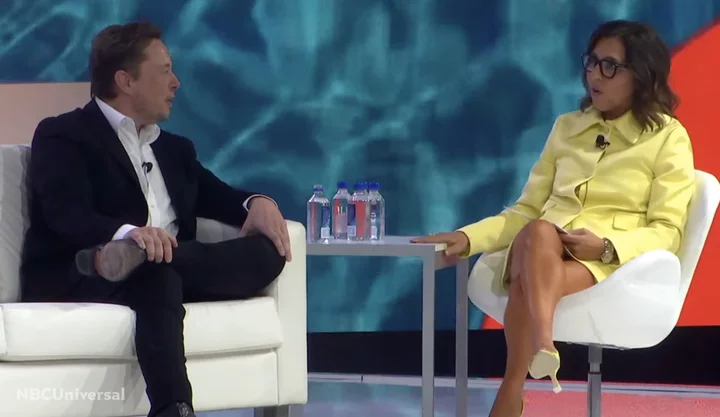It’s no secret that Amazon founder Jeff Bezos and SpaceX CEO Elon Musk have feuded over the years. But that isn’t stopping Amazon from signing a deal with SpaceX to help it launch a competitor to Starlink.
On Friday, the e-commerce giant announced it had secured a trio of rocket launches with SpaceX to help Amazon deploy Project Kuiper, its own satellite internet system.
The deal is partly surprising since Amazon already signed deals to use over 70 rocket launches from Arianespace, Blue Origin, and United Launch to help it deploy Project Kuiper. Amazon says those deals remain in place to launch the majority of the Kuiper network, which is set to span over 3,200 satellites. Nevertheless, the company decided to secure additional launches with SpaceX to “offer even more capacity to support our deployment schedule.”
(Credit: Amazon)“Project Kuiper has contracted three Falcon 9 launches, and these missions are targeted to lift off beginning in mid-2025,” the company added.
Amazon also signed the deal after a group of shareholders sued the company in August for allegedly snubbing SpaceX as a launch provider for Project Kuiper. The shareholders noted SpaceX’s strong record of providing reliable launches for its own Starlink satellite internet system. Meanwhile, Blue Origin, United Launch Alliance, and Arianespace have suffered setbacks in getting their next-generation rockets off the ground on time.
The delays were enough to postpone Amazon’s initial attempts to send up two prototype Kuiper satellites. But in October, the satellites flew into Earth’s orbit on a ULA Atlas V rocket, resulting in a successful test of Kuiper’s satellite internet technology.
Amazon now plans to launch the first production Kuiper satellites into orbit during the first half of next year. Beta tests with select commercial customers will then commence later in 2024.
Project Kuiper's goal is to supply high-speed broadband to users based in rural and remote areas that lack access to reliable internet. But Amazon has some serious catching up to do when SpaceX’s Starlink already serves over 2 million customers with satellite download speeds that can reach 100Mbps or higher.









